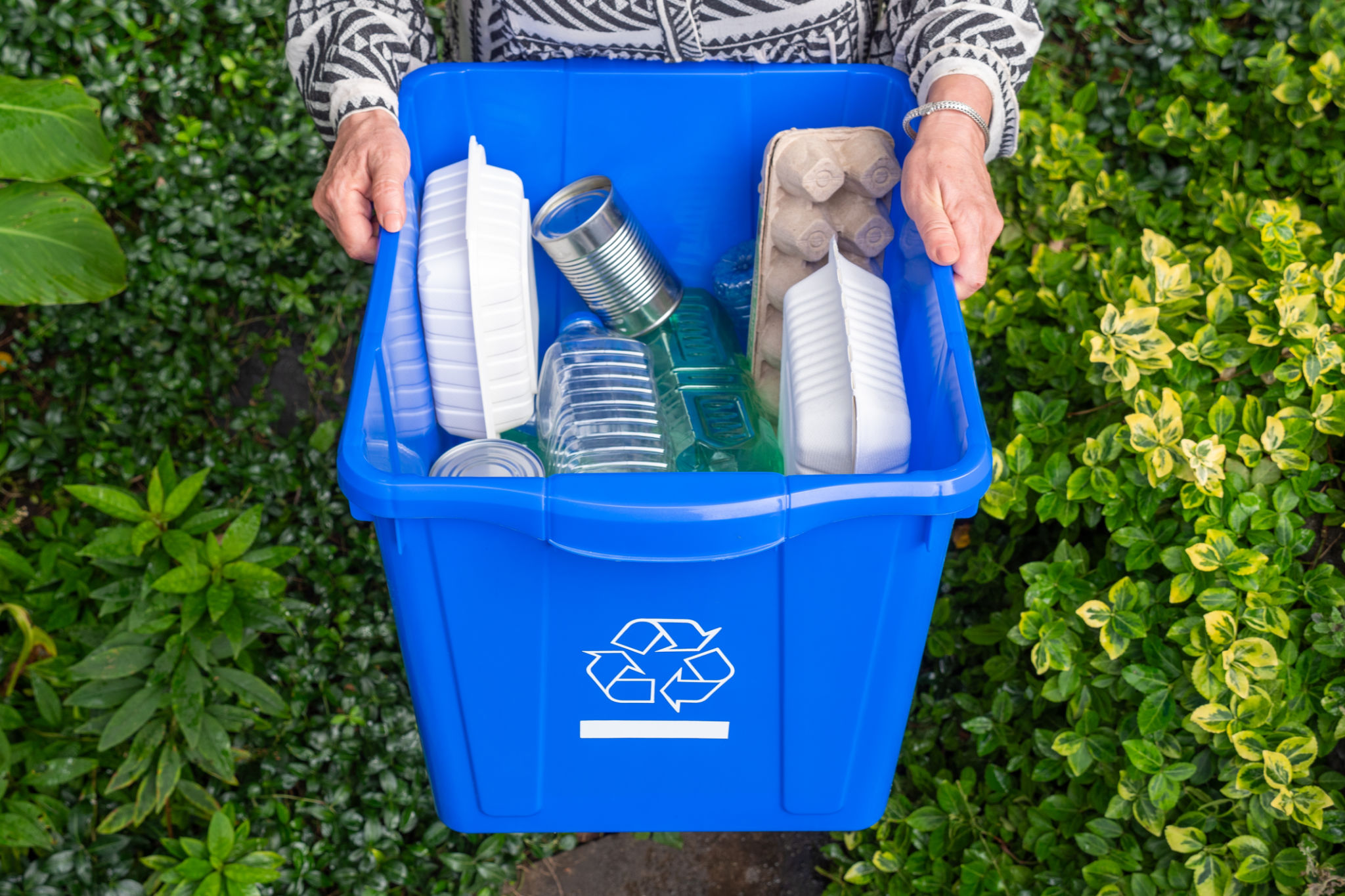Understanding Waste Hauling Regulations in Newmarket: What Homeowners Need to Know
Introduction to Waste Hauling Regulations
Waste hauling is an essential service that ensures the cleanliness and sanitation of our communities. In Newmarket, understanding the regulations surrounding waste hauling is crucial for homeowners who want to manage their waste responsibly. This guide aims to provide valuable insights into the rules and practices that homeowners need to follow.

Understanding Local Waste Management Policies
Each municipality, including Newmarket, has its own set of guidelines when it comes to waste management. These policies are designed to promote recycling, reduce landfill waste, and ensure the health and safety of residents. Homeowners should familiarize themselves with local waste schedules and specific collection requirements.
Weekly Collection Schedules
Newmarket typically follows a weekly waste collection schedule. It is important for homeowners to know the designated days for garbage, recycling, and organic waste pickup. Missing these collection days can result in the accumulation of waste, which can be both unsightly and unsanitary.

Key Regulations for Homeowners
Homeowners in Newmarket must adhere to certain regulations when disposing of their waste. These rules ensure that waste is managed effectively and the community remains clean.
Proper Waste Segregation
One of the most important regulations is proper waste segregation. Homeowners are required to separate their waste into categories such as recyclables, organics, and non-recyclables. This not only aids in efficient waste processing but also contributes to environmental sustainability.
- Recyclables: Items like paper, cardboard, glass, and certain plastics.
- Organics: Food scraps, yard waste, and other compostable materials.
- Non-recyclables: Items that cannot be recycled or composted.

Special Waste Disposal Considerations
Certain types of waste require special handling due to their nature or potential impact on the environment. Homeowners should be aware of these items and know how to dispose of them properly.
Hazardous Waste
Items such as batteries, paints, and chemicals are considered hazardous waste and should not be disposed of with regular garbage. Newmarket typically offers special drop-off locations or collection events for these materials. Homeowners must take advantage of these services to prevent environmental contamination.
Bulky Items
Larger items like furniture or appliances may require special pickup arrangements. It's important for homeowners to contact local waste management services to understand the procedure for disposing of bulky items.
Conclusion
By understanding and complying with Newmarket's waste hauling regulations, homeowners can contribute to a cleaner, healthier environment. Staying informed about local policies and making use of available resources ensures that waste is managed effectively, benefiting both residents and the community as a whole.